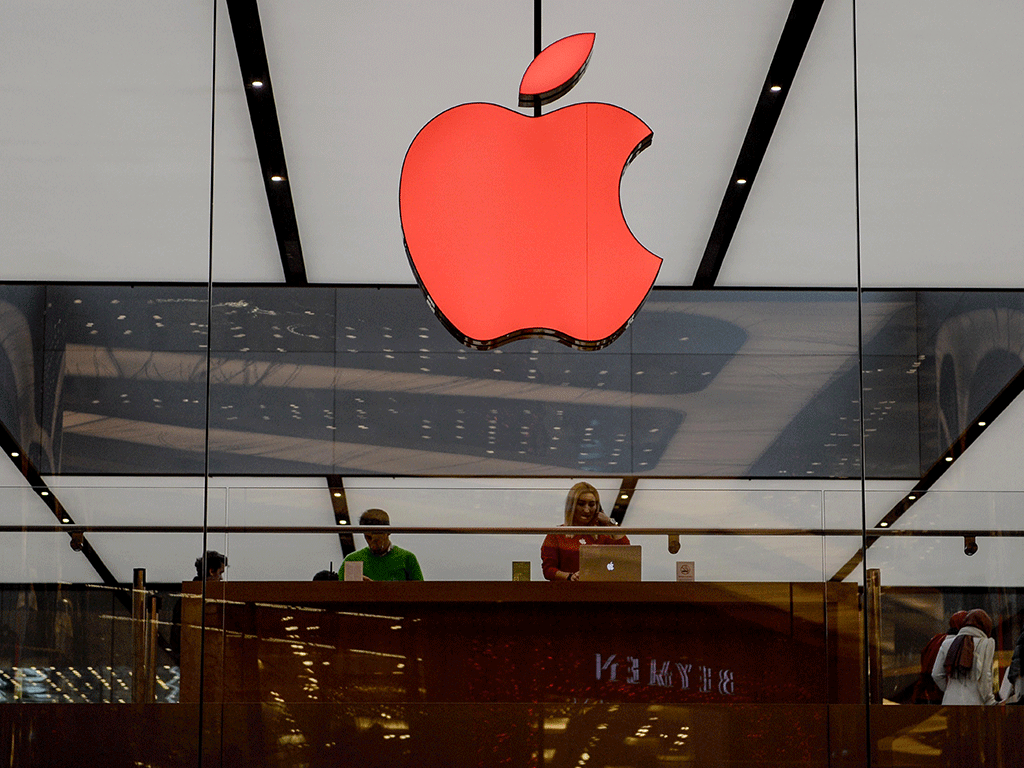Apple wins $1bn class-action lawsuit
Apple has been found not guilty of anti-competitive behaviour after an Oakland juror ruled that the software update in question amounted to a genuine product improvement

Apple has won a $1bn class-action lawsuit in which it stood accused of anti-competitive behaviour. An eight-member jury unanimously agreed it had not acted in such a way
An almost 10-year long lawsuit has finally drawn to a close after an eight-member jury in Oakland ruled unanimously that a 2006 Apple software update did not amount to anti-competitive behaviour. The case was brought against the company after an update to the iTunes store in 2006 meant that only the company’s signature iPods could play music downloaded from the platform.
As many as eight million iPod consumers and 500 resellers lodged a class action suit against Apple
The update was removed in 2009, although the case continued for years as dissatisfied customers sought millions in damages. As many as eight million iPod consumers and 500 resellers lodged a class action suit against Apple, and the plaintiffs were seeking $350m in damages, which could have inflated to $1bn in the event of the company being found guilty of violating US antitrust laws.
The original complaint was filed in 2005, in relation to digital rights controls implemented through 2006 to 2009, which meant competing digital music players were incompatible with the iTunes software. However, Apple asserted that the decision was a legitimate product improvement, meant to enhance security and bring a greater number of customers to the fold. “We created iPod and iTunes to give our customers the world’s best way to listen to music”, said the company in a statement. “Every time we’ve updated those products—and every Apple product over the years—we’ve done it to make the user experience even better.”
The view taken by the jurors was that the software marked an improvement on its previous iteration and represented a more user-friendly experience, meaning that the company has been found not guilty of the charges, irrespective of any effects the changes might have had on competitors. The conclusion of the case means that Apple can finally put allegations of anti-competitive behaviour behind them, and that the firm need no longer drag up evidence from years passed, which included emails sent by Steve Jobs.













